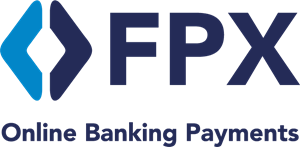Our security team would like to advise all the website administrators, developers, and owners who use CMS. Website platforms that are proactive to update their CMS platform versions. Here are some suggestions for improving the security of your CMS.
To begin, make sure your CMS platform, third-party plugins, and theme are all up to date. Some well-known CMS, such as WordPress, Drupal and Joomla are vulnerable to online defacement and are constantly monitored by hackers. As a result, CMS platform update enable the core team or contributors to identify vulnerabilities and produce patches ahead of the hackers.
Furthermore, to avoid vulnerabilities and dangers, we recommend that all administrators, developers, and owners uninstall unused CMS Material (“Uninstall”). This will cause your website / hosting to be injected, causing problems like as internet access default or disruption.
Next, to keep the attackers from locating your platform and control panel, hide them. Change the generic URL of your admin panel, for example, because if hackers know your platform, they may have access to the source code and can research the CMS’s prevalent weaknesses. To conceal your platform and control panel, follow these steps:
- Change URLs to admin panel
- Make sure hackers won’t determine your platform by looking at your HTML code
- Create whitelist of IP addresses
- Use strong passwords
- Use intrusion prevention software like Fail to Ban
Use firewall protection to monitor and manage incoming traffic as well. This will protect your website from unwanted visitors while also ensuring that all back-end ports are blocked. The firewall will also protect your network infrastructure from threats by blocking access to the server and particular components such as your database.
Finally, run a virus scan on your CMS on a regular basis. Scanning your CMS for malware and vulnerabilities is also a good practise. To begin with, you may already be infected and be unaware of it. Second, you should be aware of your website’s weak points so that you can secure yourself before hackers discover them.


